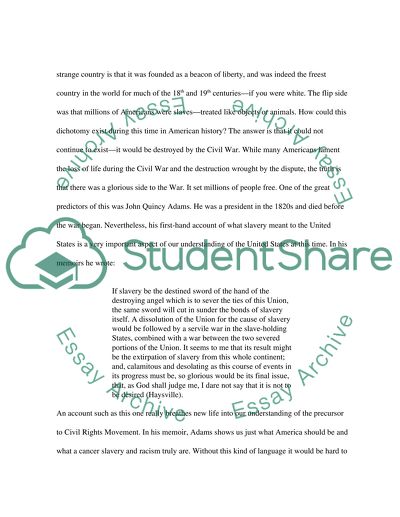Cite this document
(“Civil Rights Paper Essay Example | Topics and Well Written Essays - 1250 words”, n.d.)
Retrieved from https://studentshare.org/history/1448986-united-state
Retrieved from https://studentshare.org/history/1448986-united-state
(Civil Rights Paper Essay Example | Topics and Well Written Essays - 1250 Words)
https://studentshare.org/history/1448986-united-state.
https://studentshare.org/history/1448986-united-state.
“Civil Rights Paper Essay Example | Topics and Well Written Essays - 1250 Words”, n.d. https://studentshare.org/history/1448986-united-state.


